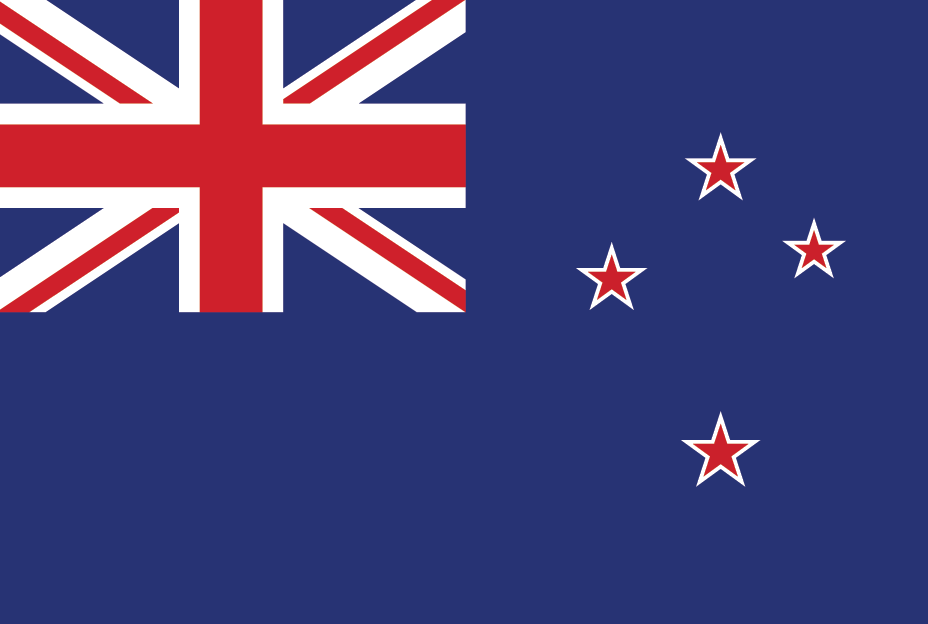
Sustainability Efforts
Country: New Zealand
Explore sustainability efforts in New Zealand. The United States Environmental Protection Agency (“EPA”) said it well when they state:
“Sustainability is based on a simple principle: Everything that we need for our survival and well-being depends, either directly or indirectly, on our natural environment. To pursue sustainability is to create and maintain the conditions under which humans and nature can exist in productive harmony to support present and future generations.”
About New Zealand
New Zealand, located in the southwestern Pacific Ocean, is a breathtaking country known for its stunning landscapes, outdoor adventures, and indigenous Maori culture. It offers diverse attractions like the geothermal wonders of Rotorua, the fjords of Milford Sound, and the pristine beaches of the Bay of Islands. New Zealand’s outdoor activities range from hiking in the Southern Alps to bungee jumping in Queenstown. The country’s Maori heritage is celebrated through cultural performances, traditional arts, and historical sites. New Zealand’s diverse wildlife includes kiwi birds and seals. With its friendly people, Maori traditions, and jaw-dropping scenery, New Zealand offers a unique and unforgettable experience for travelers. Sustainability efforts in New Zealand will enhance the country’s future.
Sustainability Efforts
Toggle each button below to “open” and “close” the presented data.

According to the latest data, the poverty rate in New Zealand is around 10%, which is a significant improvement from the past. The government has been implementing various measures to reduce poverty, such as increasing the minimum wage and providing financial assistance to families in need.

While hunger is not a prevalent issue in New Zealand, there are still many families who struggle to put food on the table. The government has been working with various charities and organizations to provide food assistance to those in need.

New Zealand has a publicly funded healthcare system that provides free or subsidized healthcare to its citizens. The government has been investing in healthcare infrastructure and services to ensure that everyone has access to quality healthcare.

Education is a top priority in New Zealand, with the government investing heavily in education infrastructure and programs. The country has a high literacy rate of 99%, and the government provides free education up to the age of 19.

New Zealand is a leader in gender equality, ranking first in the world for gender equality in education and employment. The government has implemented various measures to promote gender equality, such as pay equity legislation and increasing the number of women in leadership positions.

New Zealand has a high standard of clean water sanitation, with 85% of the population having access to clean drinking water. The government has been working towards improving water quality in rural areas and investing in wastewater treatment facilities.

New Zealand is committed to transitioning to renewable energy sources, with 80% of its electricity coming from renewable sources. The government has implemented policies to encourage the use of clean energy, such as subsidies for solar panels and electric vehicles.

New Zealand has a strong and growing economy, with a GDP growth rate of 2.3% in 2019. The government has been implementing policies to promote economic growth, such as investing in infrastructure and providing tax incentives for businesses.

New Zealand has a thriving startup ecosystem and is known for its innovation in industries such as biotechnology and agriculture. The government has been investing in research and development to promote innovation and growth in these industries.

New Zealand is committed to reducing inequalities, particularly for its indigenous population, the Maori. The government has implemented policies to promote Maori language and culture and improve health outcomes for Maori.

New Zealand is working towards creating sustainable cities that are environmentally friendly and livable for all residents. The government has implemented policies to promote public transportation, reduce carbon emissions, and increase green spaces.

New Zealand is committed to responsible consumption and production, with the government implementing policies to reduce waste and promote recycling.

New Zealand is committed to reducing its carbon emissions and combating climate change. The government has implemented policies such as a Zero Carbon Act, which aims to reduce emissions to net-zero by 2050.

New Zealand has a diverse aquatic environment, with many unique marine species. The government has implemented policies to protect marine habitats and reduce pollution in waterways.

New Zealand is known for its peaceful society, with low crime rates and a strong justice system. The government has implemented policies to promote peace and justice, such as gun control legislation following the Christchurch mosque shootings.

New Zealand is known for its stunning natural environment, with many national parks and protected areas. The government has implemented policies to protect these areas from development and preserve them for future generations.

New Zealand recognizes that achieving the SDGs requires partnerships between governments, businesses, and civil society organizations. The government has been working with these groups to achieve the SDGs by 2030.



